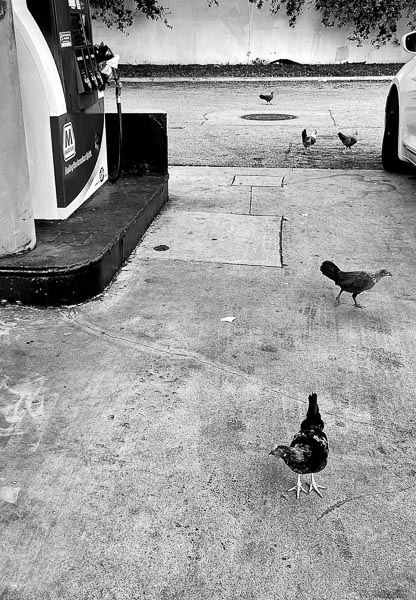It’s been 110 years since the RMS Titanic sank on her maiden voyage from Southampton to New York. The event has been a prolific source of books, movies–and metaphors. Titanic has often been viewed as a metaphor for the complacency and arrogance of Western civilization before 1914, a symbol of technological overreach and hubris. (The Onion had some fun with the Titanic-as-metaphor theme)
I think that there are a couple of other Titanic-related metaphors which are worth considering in our present era:
‘Working Cape Race’…around noon on April 14, Titanic received wireless messages warning of icebergs. The captain altered course to the south, a path believe to be free of ice, but maintained a speed of 22 knots. That evening, senior wireless operator Jack Phillips, was dealing with a flood of messages from passengers to friends ashore, when the SS California attempted to broadcast another ice warning to ships in the area. The message was broken off by Phillips with “Stop Sending! I am working Cape Race.” (‘working’ means ‘communicating with’, Cape Race was a Marconi Company shore station)
Not long afterwards, Titanic hit the iceberg.
Apparently the term ‘Working Cape Race’ has been adopted by some people to refer to those who are too preoccupied with the task at hand to perceive very important obstacles and hazards.
The phrase often seems apt these days–for example, when tv networks focus on the Johnny Depp defamation case when there are plenty of truly critical national and world issues to talk about. I’m sure you can think of many more examples.
Progressive Flooding. The compartmentalization which made the Titanic supposedly unsinkable obviously did not work. One reason was that the iceberg was hit at an angle such that multiple compartments were torn open; the other reason was the phenomenon of progressive flooding. This is a nautical architecture & operations term referring to the phenomenon where one compartment gets flooded…leading not only to the ship settling somewhat in the water, but also to a change in trim, namely, bow down…which can lead to other compartments overtopping their watertight bulkheads and spilling water into previously-safe compartments.
Again, I think the concept is sadly applicable to some of our political and social problems. Failures in one aspect of society can lead to failures in another aspect…which can feed back to that first aspect, making it still worse…and so one. Malign positive feedback, that is, a network of interconnected vicious circles.
For example, long-term unemployment can lead to an increase in drug addiction…both of which can lead to dysfunctional families…which drives reduced educational achievement for kids. That reduced educational achievement drives further unemployment.
Discuss, if so inclined.
